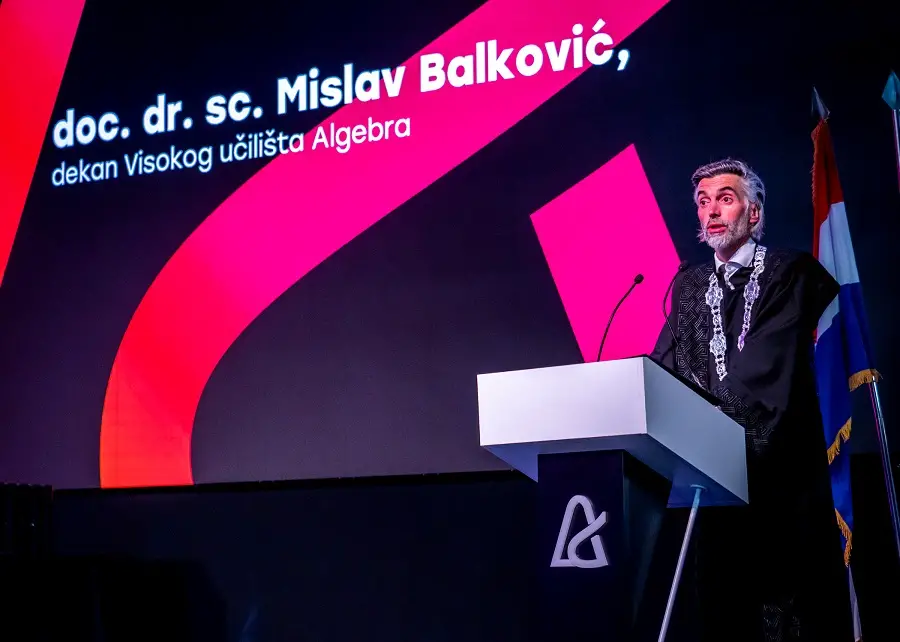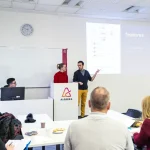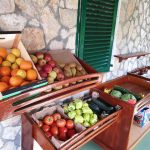June 5, 2022 – Croatia is becoming increasingly successful at attracting foreign students to its English-language higher education programmes, with the pioneering Algebra University College leading the way. TCN catches up with the Dean of Algebra, Mislav Balkovic.
One of the most interesting – and under-reported – positive trends in Croatia today has been the rise in numbers of foreign students choosing Croatia for their higher education, with many then choosing to stay in their newly adopted home upon graduation. With the media focusing on the emigration of Croatia’s youth, this reverse brain drain, or brain gain, has been made possible by the availability of an expanded portfolio of high-quality graduate programmes on offer in the English language.
Without question, the leading academic pioneer in this field has been Algebra University College, which continues to raise the bar, as well as internationalise the quality of its higher education. Its recent partnership with Goldsmiths, University of London, is an excellent example of this. Having recently moved to a huge new campus, and with the highest percentage increase of students to its bachelor programmes last year, these are exciting times for Croatian higher education, and Algebra University College in particular. TCN caught up with the Dean of Algebra, Mislav Balkovic, to learn more about that, as well as what is coming next.
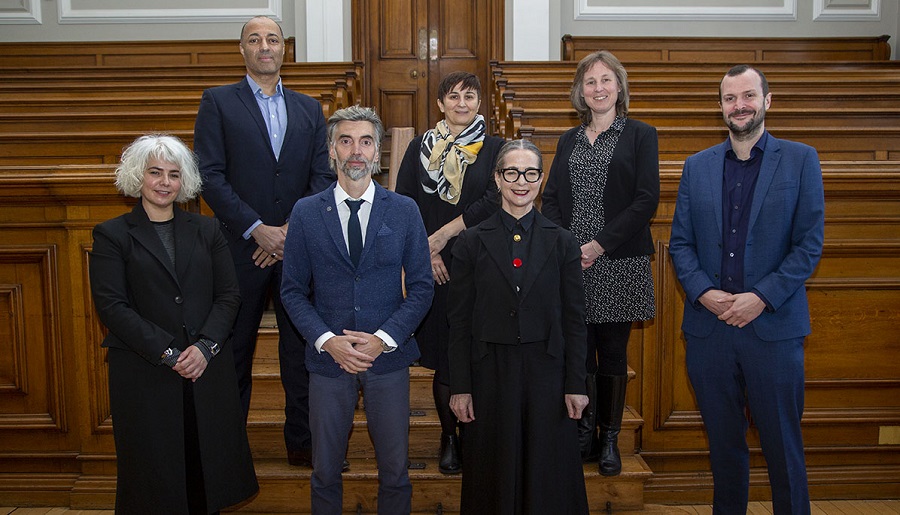
1. Croatia is perhaps not the first country that springs to mind in Europe when foreign students consider their higher education, but an increasing number are choosing Croatia for their graduate studies. What are the main competitive advantages that Croatia offers?
Competition in higher education in Europe and across the world is already high and only intensifying. In such circumstances, some countries and their institutions have been more successful than others. Croatia has a long tradition in quality higher education, and significant new investments in infrastructure and quality of our universities in recent years have strengthened this position. Apart from the universities per se, the quality of life, high level of security and touristic attractiveness of the country are additional factors in this equation. Finally, our 2013 EU accession and the Schengen agreement expected in months to come are also important. To conclude, from being the fastest growing touristic destination in Europe, Croatia is stepping up to become a fast-growing higher education destination. More than 80 study programmes delivered fully in English allow students to choose the best option in Croatia as their live and learn destination.
2. Algebra University College has been at the forefront of the higher education story in Croatia, and earlier this year, you signed an academic partnership agreement with Goldsmiths University of London. Tell us a little bit more about that, and how it came about.
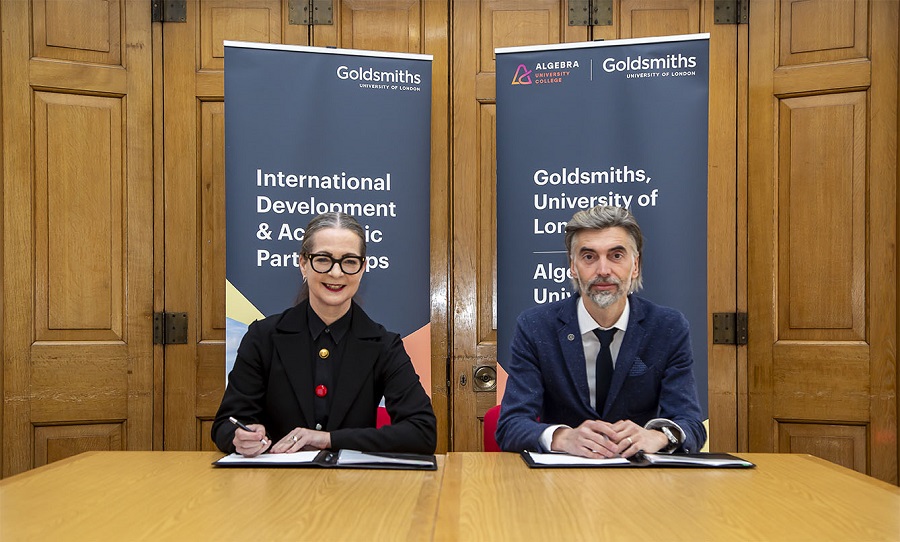
In order to be as attractive as possible not only to local students but also to talents from abroad, some 6 years ago we started to deliver our masters-level programmes exclusively in English. This required years of preparation, acquisition of teaching materials and books in English and further development of IT support systems for students. This increased our attractiveness and facilitated the recognition from Goldsmiths, University of London. For the past two and a half years we have been working together with our partners from London in order to get our programs recognized and validated in order for our students to be able to earn both degrees (Algebra’s degree and one from Goldsmiths, University of London) while studying at Algebra in Zagreb. This also counts as a recognition of the quality of Croatian national higher education by one of the top 500 universities in the world. Through the process, we managed to further develop our approach and incorporate some of the best practices from the British higher education system. In a nutshell, students who wish to obtain Algebra’s degree as well as a UK degree, could now achieve this in Zagreb, with an affordable financial investment. As a result, we started to also deliver our bachelor-level programmes in English so now international students can choose from a wide list of undergraduate and graduate study programmes / specializations. Our partnership with Goldsmiths, University of London is the only arrangement of this sort in Croatia. One of the reasons for how it came to be is most certainly the high marks in quality assessment that Algebra has been achieving for the past decade. The University of London wanted to have a high-quality partner institution, and they found it at our address.
3. You recently moved into a brand new campus as part of your continued expansion. Tell us a little about the facilities you now offer.
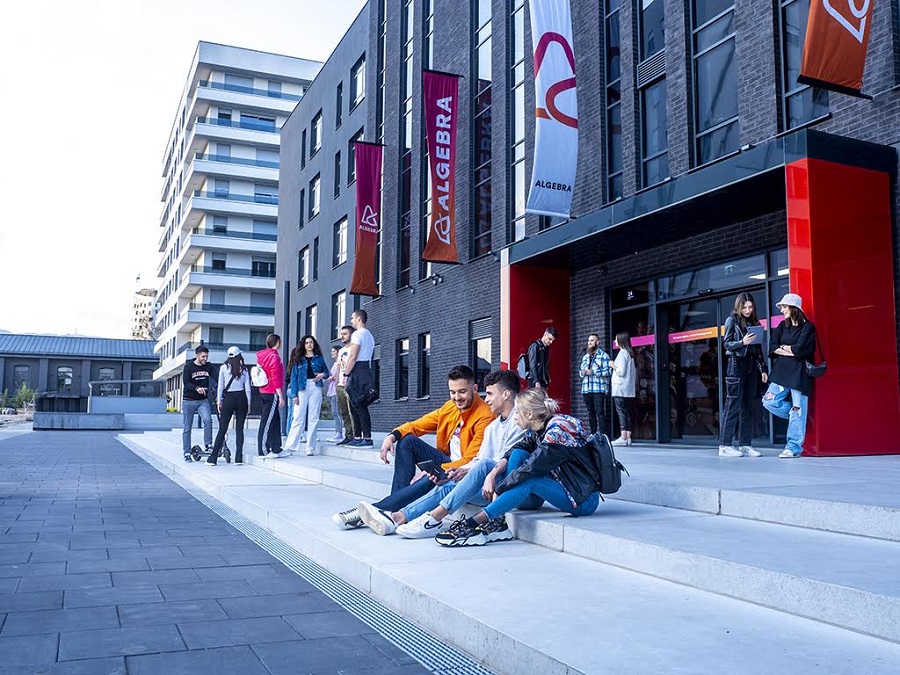
Our new campus was a 14.6 million EUR investment, by far the biggest such investment in private education in Croatia. Spreading over 12,000 sqm, the new campus has given us the opportunity to situate more than 35 fully equipped IT classrooms and lecture venues as well as the necessary infrastructure with the accompanying equipment. Apart from our new “Nimbus” data centre which boasts 80 physical servers and a supercomputer, students have at their disposal services and usage of our Innovation Lab, 3D Production Lab, fully equipped Audio & Video Studio, and a Production Room, library, exhibition halls and other facilities needed to ensure high-quality education. Students also have at their disposal 700 PCs, 40 3D printers of different types and sizes as well as networking labs and equipment providing them with a state-of-the-art learning experience in our digitally focused programmes in the areas of computer science, economy and arts. The new campus and its accompanying infrastructure are unmatched not only by Croatian higher education institutions but also by many other institutions globally.

4. Graduate employment is an important consideration for many when choosing a course and location. Several students we have spoken to have spoken of their love of Croatia and hopes of finding work here upon graduation. Can you give us an overall picture of how the graduate labour market looks for Algebra students, and what help can you give those students in finding quality positions?
The Croatian labour market is highly vibrant, especially in digital careers. Our IT and digital industries have a double-digit growth each year and attract and employ more graduates than our higher education institutions are capable of producing. This means that there is a surplus of good and well-paid jobs for anyone with our degree or degree from other high-quality higher education institutions. An additional benefit of our degree is that it is easily recognized in all EU Member States as a result of 2013 referencing of our national qualifications framework and European Qualifications Framework. As a result, most of our bachelor-level students already work part-time, and more than 96% of graduates are employed in the industry some three months after graduation. The true testaments to this fast-growing market are the huge investments that have created two unicorns in Croatia, Rimac and Infobip. These and other companies now employ many international experts and have English as their main corporate language.

5. While most students are extremely happy with the efficiency of the paperwork from Algebra itself, Croatian bureaucracy is often cited by students as an issue. What practical steps can be taken to smoothen the bureaucratic process for foreign students?
The growth of the industry and the urgent need to attract talents to Croatia has changed this significantly, and there is now a continuous need for smooth and fast procedures. This is why our Visa centres in India and parts of the world now have strengthened processing capacity. Also, the Croatian Ministry of Interior now has people who are in close contact with international offices of universities. Depending on the country of students’ origin, with many there is already a signed agreement on the recognition of health insurance for students so they could work in Croatia as students more easily. Not all things are perfect, but universities are working together with employers to make the lives of international students easier. Also, the level of spoken English in Croatia is high so students coming from any part of the world should not experience any problems.
Still, to be sure all the procedures will be finished timely, international students coming outside the European Economic Area (meaning EU + few other countries), should start their admission process as early as possible.
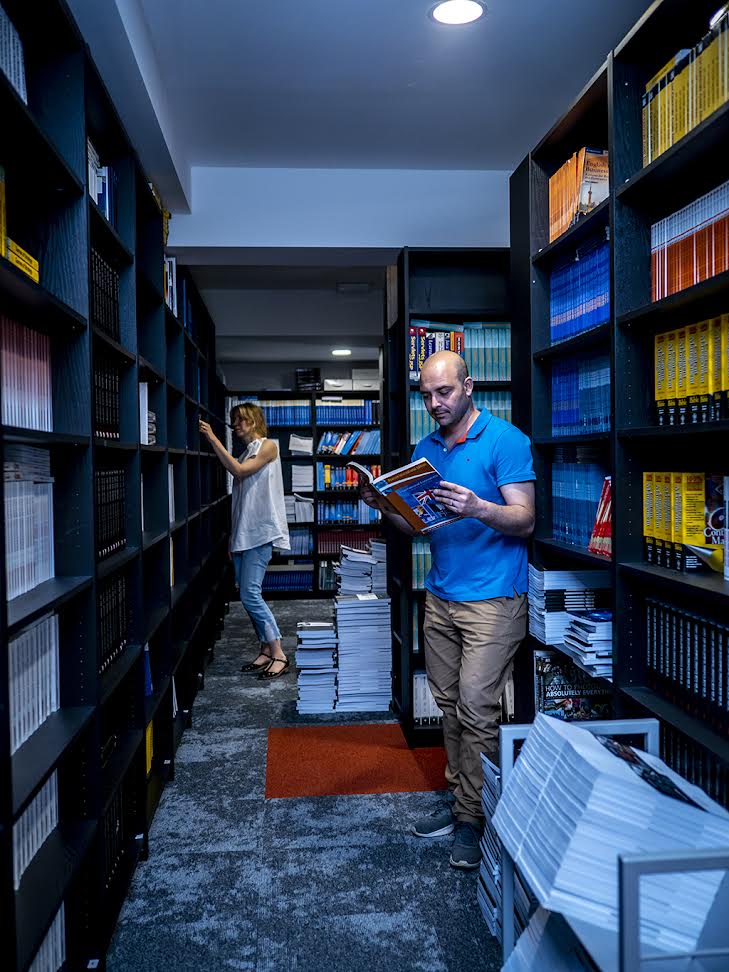
6. How can government best play a part in supporting the expansion of private higher education? What are the current friction points that need to be resolved?
In Croatia, students who study at private institutions pay commercial tuition fees, while those in public Universities pay almost nothing. This does not apply to international students because they pay commercial tuition fees whether they’re studying at a public or private university.
In order for private institutions to be more competitive and in order for students to receive the same treatment, subsidies that are linked to students should be applied, regardless of the ownership of the institution. Also, private institutions are not eligible for EU funds for the development of infrastructure, while state-owned ones are. Less important frictions and differences in approach are either already resolved or will be resolved by the beginning of the next academic year due to upcoming changes in legislation.
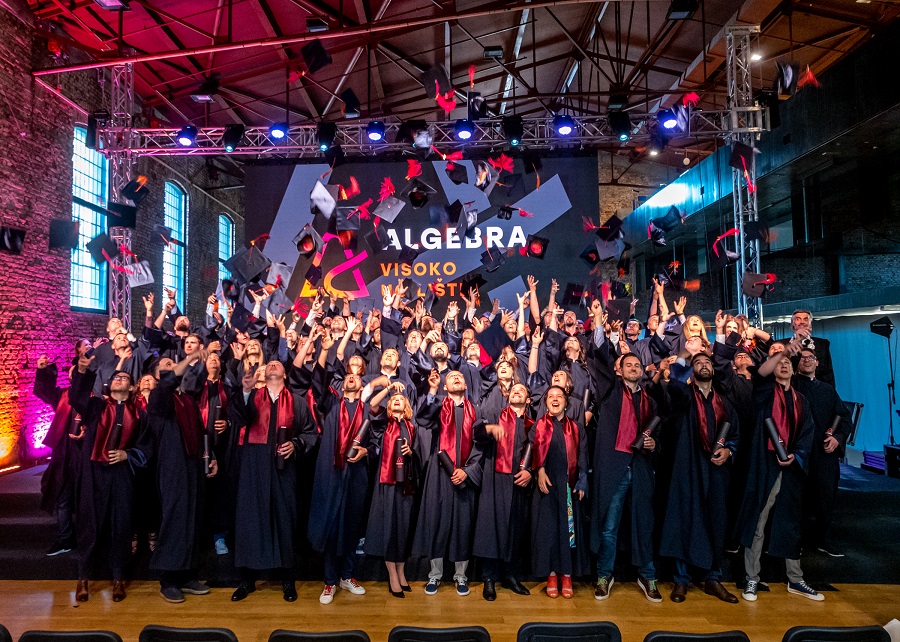
7. How do you see the English-language higher education sector looking in 5-10 years from now.
In my opinion, this is the only sector in Croatian higher education which has the potential to grow. The reason for such an assertion is the fact that Croatia is slowly losing its population (same as many EU countries) due to an ageing population, negative birth rates etc. Currently, this loss is happening at a rate of some 4% per year. We are the only institution in the country which still has an increase in the number of freshmen students at bachelor level of more than 10% each year (this year we have 25% more applications compared to last year). Still, I do not see a way for us to continue to grow indefinitely while numbers of domestic students are decreasing. Therefore, for us and other universities, I think English programmes could be the key to future development. Of course, just delivering teaching in English will be far from enough. Each institution would have to provide high-quality programs, infrastructure, teachers and projects for students and thus compete in the international higher education arena. Some institutions will be successful in this transition to international markets, while I expect most will not.
8. And finally, in a sentence or two, tell us why foreign students should be choosing Croatia for their graduate programme.
Croatia is indeed a live and learn destination – our country has tremendous natural beauties, a hard-to-match cultural heritage, affordable prices and quality higher education delivered in English. We are an EU Member State with a highly competitive, developed and fast-growing digital industry. Croatia awaits and welcomes talented young people to get their degree and to build their careers here.
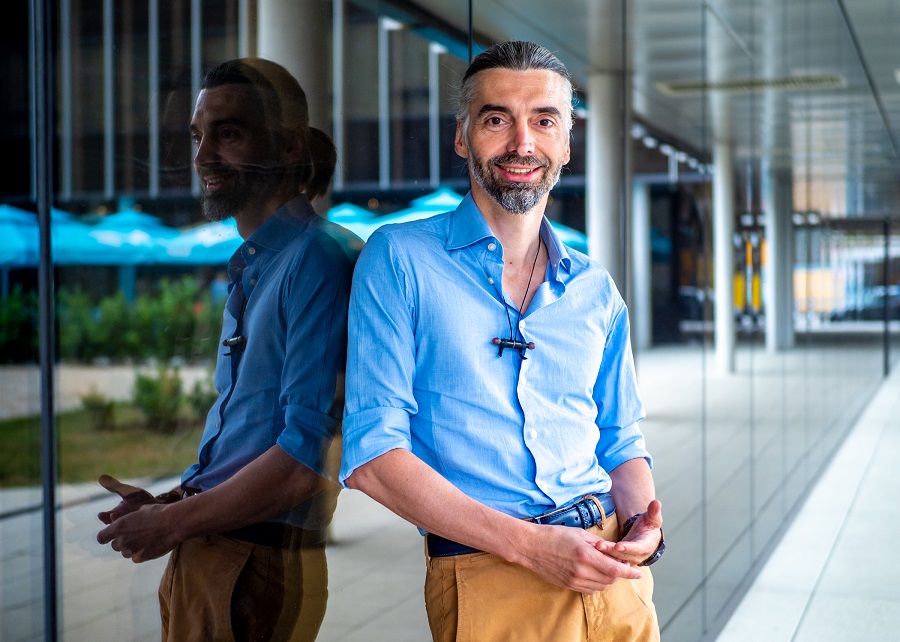
Mislav Balkovic (PhD, Assistant Professor) dean of Algebra University College is an active researcher in the area of National Qualifications Framework and Knowledge management where he participated in a number of national projects including the development of legislation for CROQF and implementation of various policy and regulatory documents in higher, VET and adult education. He is currently working on research in the area of Validation of non-formal and informal learning and the development of modern educational approaches (methodics and didactics). He was representative of Croatian employers (2010 – 2012) in the Advisory Committee for Vocational Education and Training, DG Education and Culture, EU Commission, Bruxelles. Since 2006 he has been intensively involved in the preparation of different types of development projects in the area of education. To this end, he has prepared more than 50 international and national project applications and managed some 30 different projects. Mislav currently acts as the president of the Sector skills council for Electrotechnical and Computing and is President of the Croatian Employers Association – Association of Employers in Education, during (2010 – 2016) period he was an active member of the National Council for Science and Higher education and member of the Government committee for the implementation of education, science and technology Strategy.
You can learn more about the expanding syllabus of Algebra University College on the official website.
You can connect with Mislav Balkovic via LinkedIn.
Interested in taking your higher education journey in Croatia? Check out the Total Croatia Study in Croatia guide.

